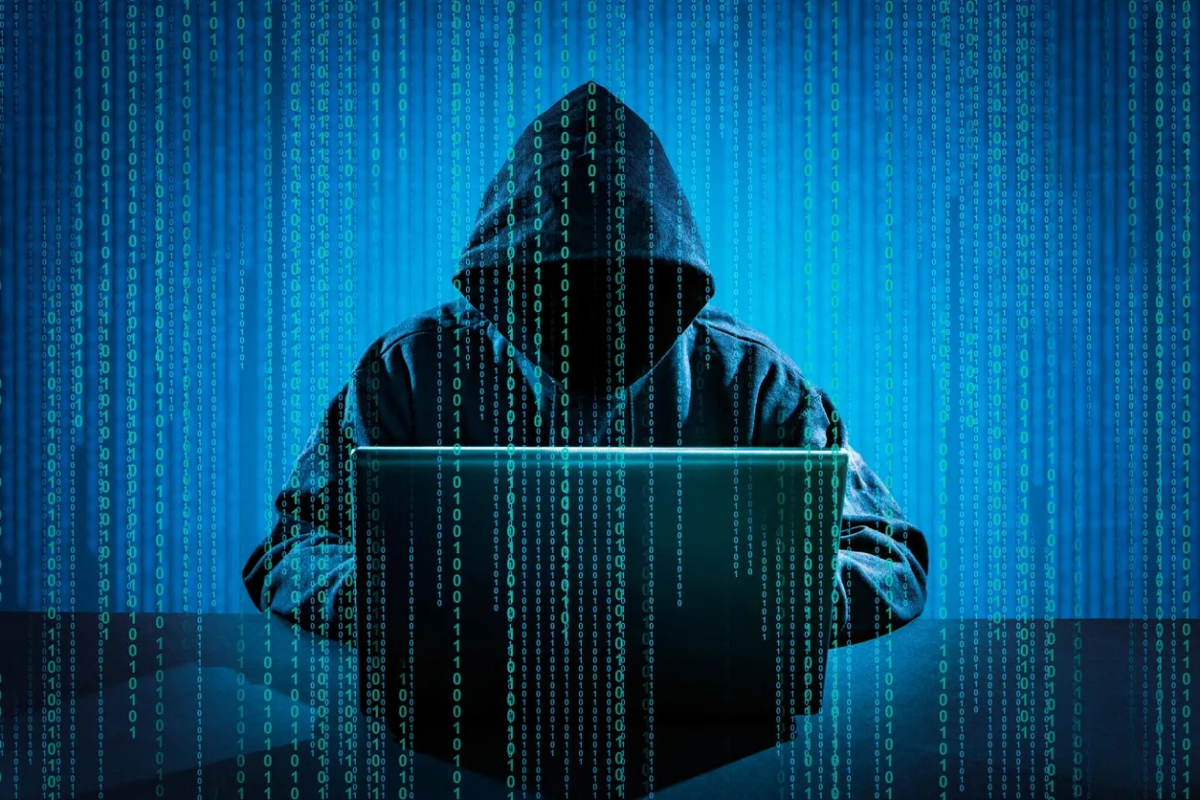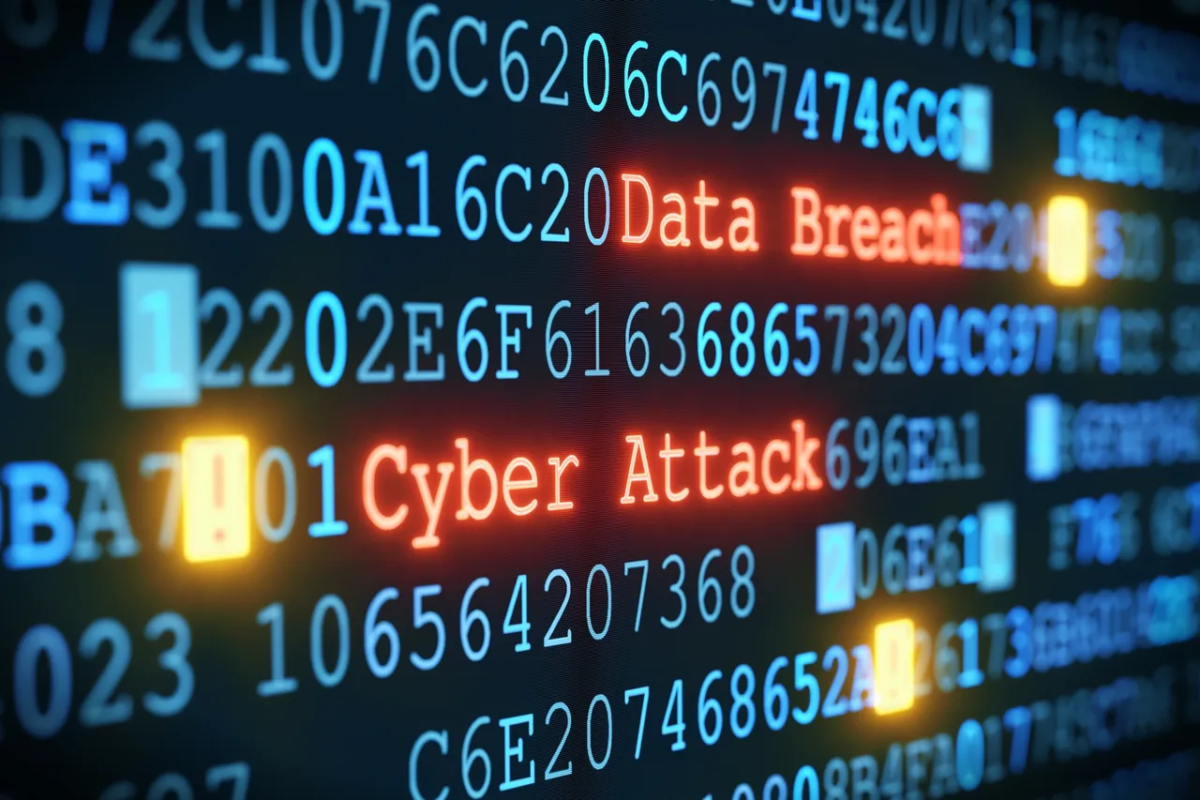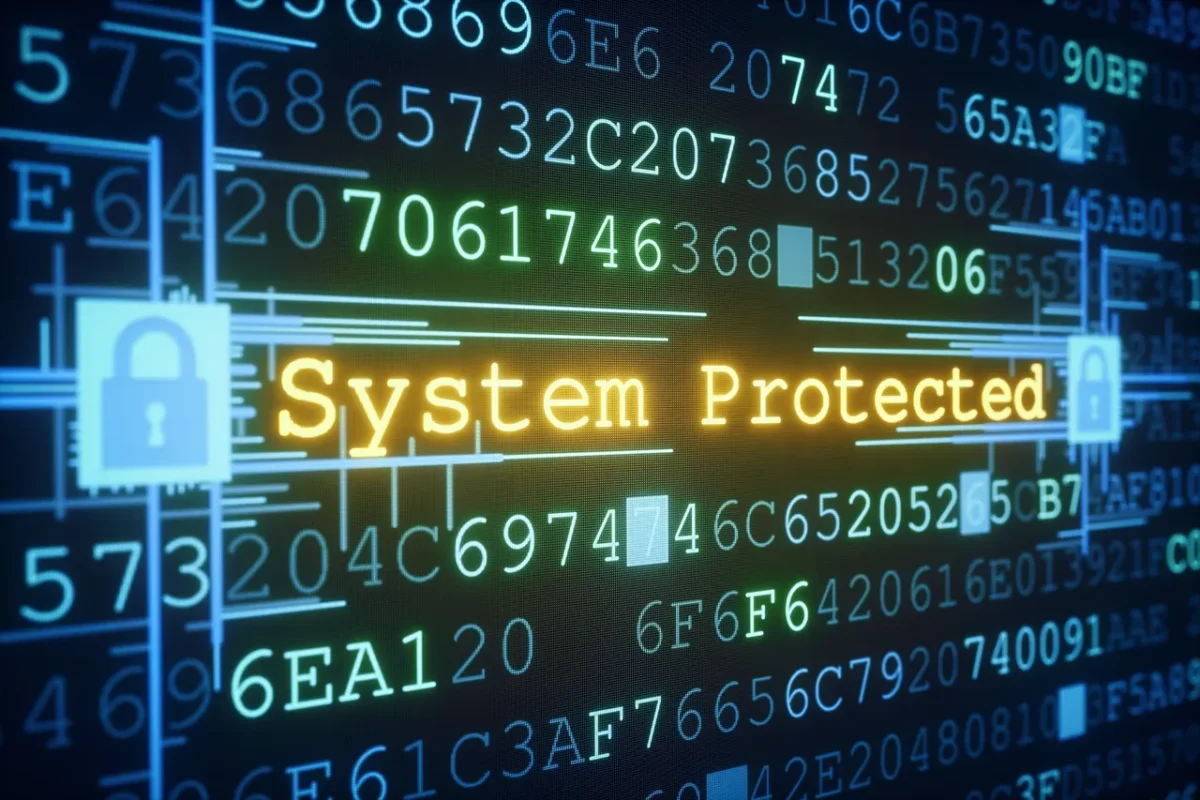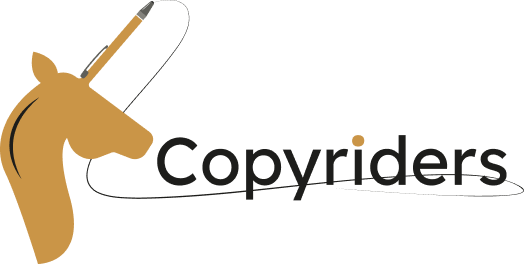Cybersecurity is one of those industries full of technical jargon and words that very few people understand, so it is hard to sell a product or service in this niche and even more difficult to write about it in a clear and compelling way. However, it is also one of the most profitable technology industries and one of the fastest-growing ones!
According to Grand View Research, the global cybersecurity market size was estimated at USD 202.72 billion in 2022 and is projected to grow at a compound annual growth rate (CAGR) of 12.3% from 2023 to 2030. That is crazy growth!
Our cybersecurity copywriting agency is experiencing this growth in first hand, since we have lots of new clients asking about our services to help with marketing and sales in order to support their growth.
The surge in cyber-attacks, due to the rise in e-commerce platforms, the advent of smart devices, and the adoption of cloud technologies, is driving a lot of market growth. As devices with Internet of Things (IoT) capabilities and smart technologies become more prevalent, the likelihood of cyber threats is predicted to rise. This is why organizations are likely to adopt sophisticated cybersecurity measures to reduce the risk of cyber-attacks, further fueling market expansion.
Here’s the caveat: Getting top writers at an affordable price to create copy in a tech-savvy field like cybersecurity is very hard!
So, what is cybersecurity copywriting?
Cybersecurity copywriting is the specialized process of creating written content specifically for the cybersecurity industry. In general, a cybersecurity copywriter helps you create content and copy to promote your products and services. It can encompass a range of content types, from blog posts and articles to white papers, product descriptions, marketing materials, and more.
Broadly speaking, a cybersecurity copywriter will have expertise in writing about the following topics:
- Security technology
- Zero trust
- Penetration Testing
- Breach and Attack Simulation
- Cloud security
- Network security
- Managed services
- Phishing
- Internet of things
- Ransomware
- Malware
- Automation
- Encryption
- Detection
- Remediation
- Recovery
- Compliance
Even if you are familiar with these terms, your audience probably isn’t! A cybersec copy writer can break down these concepts into simple language so you attract more visitors to your website, achieve higher conversions through your ads, and ultimately close more deals.

Let’s take a look at some of the topics that an agency could help with:
Breach and Attack Simulation Copywriting
Breach and Attack Simulation (BAS) refers to simulating cyber-attacks on a network to test the effectiveness of security measures and identify vulnerabilities. It’s a proactive approach to cybersecurity, allowing organizations to see how their defenses would hold up against real-world attack techniques. The goal of copywriting in this context is to communicate the benefits, importance, and intricacies of Breach and Attack Simulation to a target audience, ranging from C-suite executives to IT professionals to general employees. Effective copywriting can help demystify BAS, promote its adoption, and contribute to better cybersecurity practices.
Penetration Testing Copywriting
Penetration Testing, often referred to as “pen testing,” involves simulating cyberattacks on systems, networks, and applications to uncover vulnerabilities that could be exploited by malicious actors. The aim is to identify security weaknesses before attackers do. The goal of copywriting in the context of Penetration Testing is to convey the critical importance of such tests, promote related services or tools, and educate audiences about its nuances. Whether it’s to convince decision-makers to invest in a pen test or to inform IT professionals about best practices, effective copywriting plays a pivotal role in bridging the knowledge gap and promoting cybersecurity.
Data Security Posture Management Copywriting
Data Security Posture Management refers to the practice of continuously monitoring, managing, and improving the security posture of an organization’s data. This involves understanding the risks and vulnerabilities related to data, ensuring the right security measures are in place, and maintaining a proactive approach to data protection. Like the two cases above, a DSPM copywriter would simplify such concepts and create content around these topics.
Information Security and Data Privacy Copywriting
Writing copy for information security and data privacy involves creating content that educates, informs, and sometimes persuades audiences about the importance of protecting information and ensuring personal data privacy. Given the complexities of these subjects, copywriting plays a critical role in making technical topics more accessible to a wider audience.
When writing about specific frameworks and regulations, a copywriter should be able to break down the jargon-heavy, technical aspects into simple, comprehensible language. Here’s how a copywriter might approach explaining these frameworks:
ISO 27001:
ISO 27001 is an international standard for information security management systems (ISMS). It outlines how to put in place a systematic approach to managing sensitive company information, ensuring its confidentiality, integrity, and availability.
Copywriting Tip: Emphasize the global recognition and acceptance of this standard. It’s a benchmark for ensuring that an organization has strong information security processes in place.
SOC 2:
SOC 2 is a type of audit framework that focuses on a company’s controls related to security, availability, processing integrity, confidentiality, and privacy of a system.
Copywriting Tip: Highlight that SOC 2 compliance can be a sign that a company prioritizes data security and meets high standards, especially if they’re a cloud service provider or if they handle customer data.
NIST 800-171:
This is a set of standards that outline how to protect sensitive federal information that resides in non-federal systems and organizations.
Copywriting Tip: Position it as a crucial standard for companies working with U.S. federal agencies, ensuring they handle sensitive data correctly.
HIPAA (Health Insurance Portability and Accountability Act):
HIPAA sets the standard for protecting sensitive patient data in the U.S. Entities like healthcare providers must take multiple steps to ensure the privacy and security of patient information.
Copywriting Tip: Emphasize the importance of patient trust and the potential consequences (both legal and reputational) of not complying with HIPAA.
CMMC (Cybersecurity Maturity Model Certification):
This is a unified cybersecurity standard for future Department of Defense acquisitions to ensure that the Defense Industrial Base (DIB) can adequately protect sensitive unclassified information.
Copywriting Tip: Highlight its role in national security and the defense sector’s trustworthiness.

Why is specialized copywriting important for the cybersecurity industry?
Because a specialized copywriter can drastically help increase online conversions and draw more customers to your cybersecurity products or services. Writing about complex cybersecurity topics presents challenges in terms of striking a balance between technical accuracy and audience accessibility.
The jargon-heavy nature of cybersecurity can easily alienate readers who aren’t well-versed in the field, potentially leading to misconceptions or information being overlooked.
To address this, writers must prioritize clear communication, breaking down intricate concepts into easily digestible pieces, using relatable analogies, and presenting information in a structured manner. Active engagement with the subject matter, continual learning, and feedback loops with experts are also essential to ensure content remains accurate, up-to-date, and keeps the audience hooked.
Unlike generic writing, hiring a cybersecurity copywriter might be the best choice if you’re looking for someone with the following skills:
- Technical Expertise: Cybersecurity is a complex and rapidly evolving field. A cybersecurity copywriter often possesses knowledge of technical concepts, trends, and jargon associated with the industry. This allows them to explain complex topics in ways that are both accurate and accessible to various audiences.
- Audience Specific: Whether the target audience is IT professionals, corporate decision-makers, or the general public, a cybersecurity copywriter crafts content that speaks to the specific needs and understanding levels of each group.
- Purpose-Driven: The content created can serve various purposes such as educating readers about latest threats, promoting cybersecurity products or services, offering guidance on best practices, or even informing stakeholders about compliance and regulations.
- Trust & Credibility: In an industry where trust is paramount, a cybersecurity copywriter ensures that the content establishes the credibility of the brand or organization. This often means being factual, up-to-date, and avoiding unnecessary fearmongering.
- Engaging & Actionable: Like all good copywriting, the content should engage the reader and often drive them to take a specific action, whether it’s implementing a recommended security measure, downloading a resource, or purchasing a service.
- SEO Optimized: Given the digital nature of the cybersecurity world, much of the content will be online. Cybersecurity copywriters often ensure their content is optimized for search engines to increase visibility.
What types of content can cybersecurity copywriters produce?
Generally speaking, cybersecurity companies need content to establish thought leadership as well as copy to convert potential customers who are curious to learn more. Some of the pieces that a copywriting agency can help you with are:
- Blog Posts: Regular articles that discuss recent cybersecurity threats, trends, best practices, or insights. These can help position your company as a thought leader in the field.
- White Papers: In-depth research papers that provide detailed information on specific cybersecurity topics, technologies, or solutions.
- Case Studies: Real-world examples of how a company or product successfully addressed a cybersecurity challenge.
- Website Content: Copy for landing pages, product descriptions, service offerings, and other sections of a cybersecurity company’s website.
- Newsletters: Regular updates sent to subscribers that can include industry news, product updates, or security tips.
- E-books & Guides: Comprehensive resources that delve into specific areas of cybersecurity, providing valuable information or guidance.
- Press Releases: Announcements related to new product launches, company news, or other relevant updates.
- Webinars & Presentation Slides: Content for online seminars or physical presentations that educate or inform about cybersecurity subjects.
- Social Media Posts: Short, engaging content designed for platforms like Twitter, LinkedIn, Facebook, or Instagram that keeps followers updated and engaged.
- Product Documentation: Detailed descriptions, user manuals, or guides for cybersecurity products or services.
- Infographics: Visual content that provides a graphical representation of data or information related to cybersecurity.
- Email Campaigns: Targeted emails promoting products, sharing news, or engaging potential customers.
- Ad Copy: Content for online or offline advertisements promoting cybersecurity products, services, or events.
- Tutorials & How-to Articles: Step-by-step guides or articles that teach readers how to perform specific cybersecurity tasks or implement security measures.
- FAQ Sections: Answers to common questions about a product, service, or general cybersecurity concerns.
- Landing Pages for Campaigns: Specific pages crafted for marketing campaigns or product promotions, optimized for conversions.
What qualifications should a cybersecurity copywriter have?
Although copywriters may have very different backgrounds, our team at Copyriders suggests that you work with writers with background experience in legal writing and engineering. This is because, on the one hand, your content will likely include vocabulary about compliance, data governance, certifications, and cyber insurance. Thus, a writer with a legal background will be able to research, understand, and explain these topics really well.
On the other hand, a copywriter with an engineering/IT background who has worked in the cybersecurity industry will be able to read and write technical documentation without problems.
So you may wonder, where can I find such specialized talent?
At Copyriders, our team has expert writers who have worked with some of the largest Cybersecurity, InfoSec, and Data Privacy companies out there.
In case you need help, contact us today.

